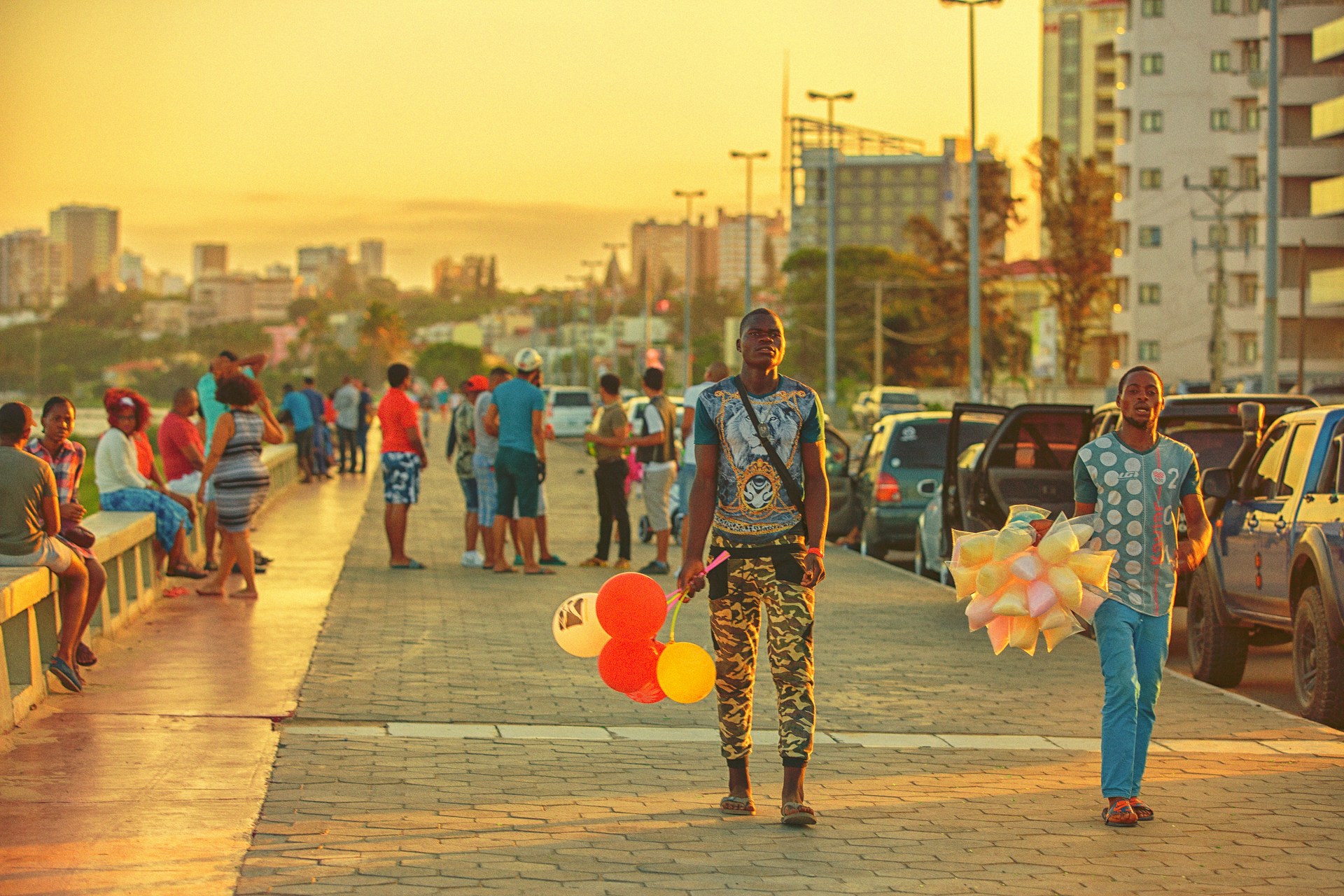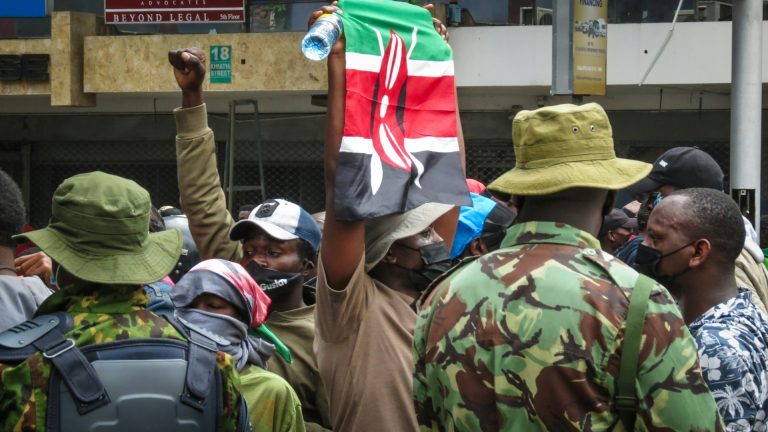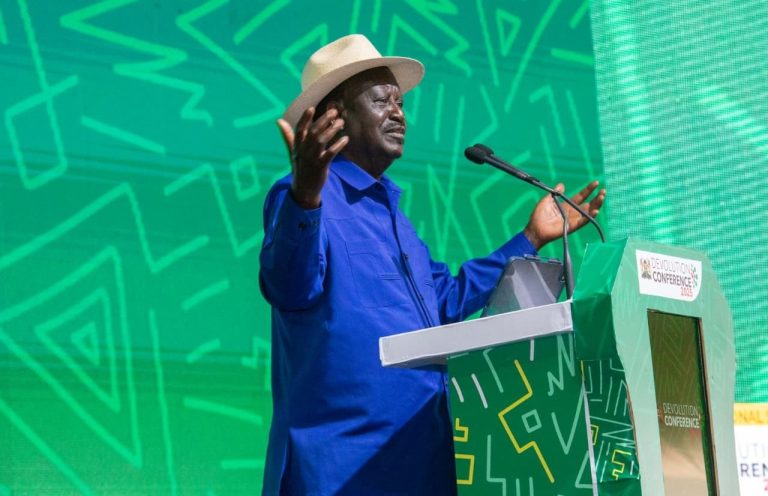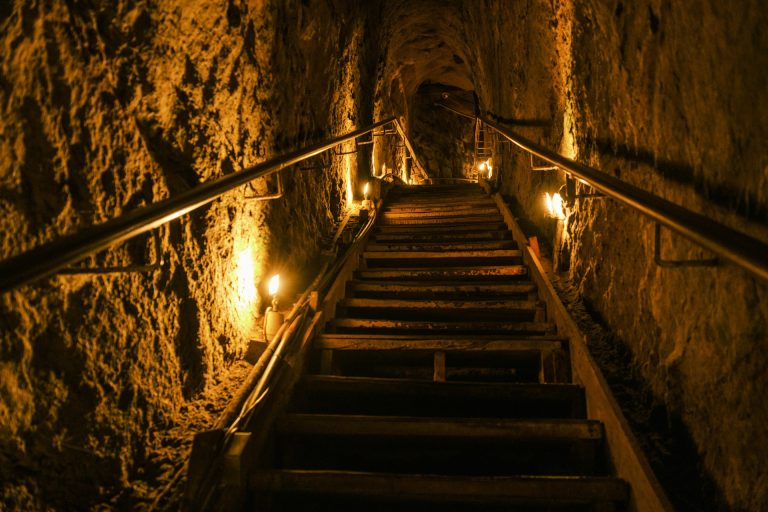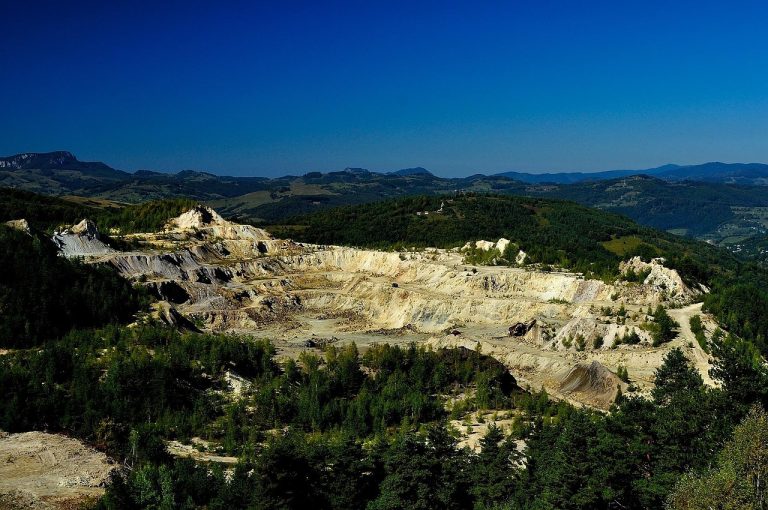Africa’s new $6 billion tourism deal with the UAE could redefine its economic future – if nations fix infrastructure, affordability, and policy gaps.
Africa, home to some of the world’s most breathtaking landscapes and cultural treasures, is poised for a tourism boom.
With the United Arab Emirates pledging a $6 billion injection into the continent’s travel and hospitality sector, the spotlight is now on whether Africa can finally turn its natural beauty into sustained economic growth.
The investment, announced at the UAE Africa Tourism Investment Summit 2025 in Dubai, is expected to generate about 70,000 new jobs and unlock a wave of projects across aviation, logistics, and digital innovation. The event, held under the patronage of Sheikh Mohammed bin Rashid Al Maktoum, gathered ministers from over 20 African nations alongside investors and industry leaders to outline a vision for a more connected, resilient tourism economy.
“Today, the UAE and Africa stand at a pivotal moment in developing a resilient and sustainable tourism sector,” said UAE Minister of Economy and Tourism Abdulla bin Touq Al Marri. “This milestone is marked by the launch of a new investment mapping featuring diverse tourism projects in aviation, logistics, infrastructure, and the digital sector, with an estimated total value of approximately $6 billion and the potential to generate 70,000 job opportunities across Africa.”
He added: “Africa is home to a wealth of rich and diverse tourism assets — from coastal resorts and pristine beaches to cultural, heritage, and historical landmarks. These unique features present vast opportunities for the UAE business community and serve as a vital gateway for investment and expansion across various tourism activities.”
Beyond natural beauty: building the foundations
For decades, Africa has been the world’s most underexplored tourism frontier, contributing less than 10% to global arrivals despite its vast potential. The UAE partnership comes at a time when global trade tensions, including new U.S. tariff hikes, are forcing emerging markets to rethink growth strategies beyond commodities and traditional exports. Tourism, if properly developed, could become one of Africa’s strongest currencies.
But the challenge lies not in attraction – Africa already has that – but in readiness. Infrastructure gaps, underdeveloped transport systems, unreliable energy, and inconsistent visa regimes have long undermined competitiveness. Many of the continent’s most iconic destinations, from the Serengeti to Victoria Falls, face maintenance and conservation challenges, while hotels and resorts often charge prices that outpace local affordability and discourage longer tourist stays.
“Investment is not just about building hotels,” said Roy Bannister, Head of Strategic Partnerships for Africa at The Bench. “It’s about connecting airports, improving digital infrastructure, upgrading tourist facilities, and creating real opportunities for local communities. FHS Africa 2026 will be pivotal in translating this $6 billion framework into tangible projects that deliver lasting impact.”
Indeed, affordability remains one of the continent’s thorniest issues. In many African cities, four- and five-star hotel rates rival those in London or Dubai, yet services, maintenance, and amenities often lag behind. The result is a high-cost, low-value perception that limits repeat visits. Fixing that imbalance could be just as important as attracting new investment.
Competing in the global tourism race
Africa’s opportunity – and challenge – lies in competing for a share of a global tourism market that is rapidly evolving. As traditional destinations in Europe and Asia battle overcrowding and sustainability issues, travellers are looking for unspoiled alternatives. Africa fits the bill – from Rwanda’s conservation-driven eco-tourism to Ghana’s heritage tourism revival – but the continent must build the systems that make travel seamless.
Expanding air connectivity is critical. Despite the African Continental Free Trade Area (AfCFTA), only about 20% of air traffic between African countries is direct. The new UAE partnership, which includes aviation and logistics components, could help close that gap by expanding regional hubs and creating easier links between African capitals and Gulf carriers.
The joint ministerial statement from the summit emphasised a commitment to green and inclusive growth, SME support, and cross-border partnerships – a recognition that sustainable tourism must empower communities rather than exploit them. If effectively managed, tourism could become one of Africa’s most resilient industries, offering millions of jobs and stimulating investment in transport, energy, and cultural industries.
Still, much depends on policy coherence and local governance. Too often, Africa’s tourism potential has been eroded by poor maintenance of attractions, bureaucratic hurdles, and uneven marketing efforts. Without investment in training, conservation, and infrastructure, the continent’s natural advantage could remain underused.
For now, optimism is high. The UAE’s $6 billion commitment, coupled with growing investor appetite for African hospitality assets, could mark a turning point. But the real work begins at home – in how African governments translate capital inflows into clean beaches, safe roads, affordable accommodation, and digital systems that make travel effortless.
Africa has always been a destination of dreams. The challenge now is to make it a destination of choice – and profit.
